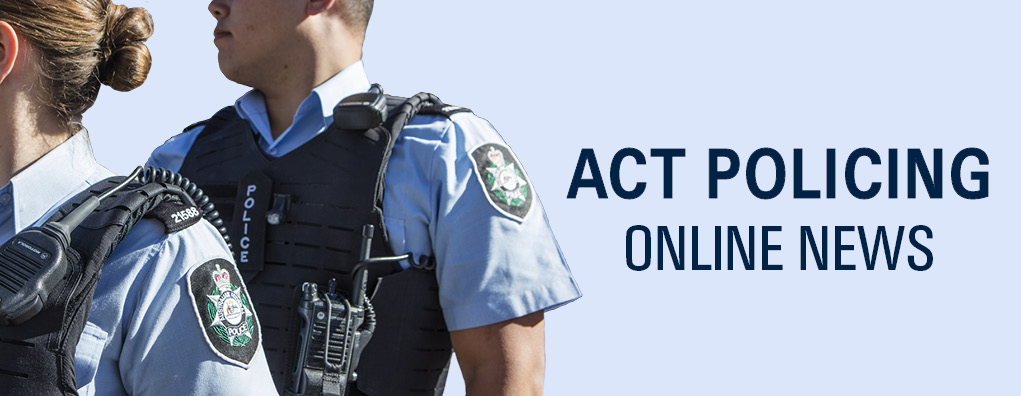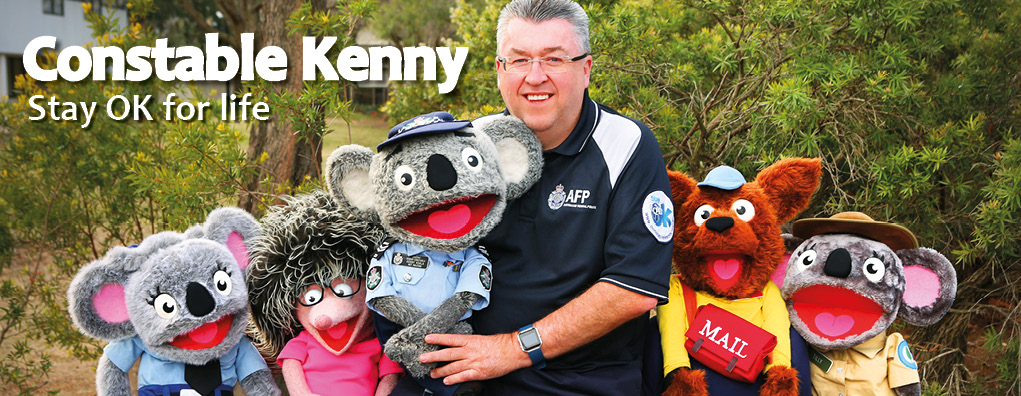Crowded Places
Crowded Places
Although Australia is a safe country, attacks in crowded places are possible and we need to do what we can both to prevent and prepare for them. This is why Australia's Strategy for Protecting Crowded Places from Terrorism was released in August 2017. The objective of the Crowded Places strategy is to protect the lives of people working in, using and visiting crowded places by making these places more resilient to terrorism. This strategy includes a suite of supplementary materials that will assist owners and operators to understand and implement protective security measure.
We must maintain vigilance in the face of an escalating global terrorist threat that continues to affect Australia. It is timely to review your security, emergency and business continuity plans.
Identifying potential targets for terrorist attack is not precise but there are things that you can do to minimise the risk.
On this page you will find some useful documents, a guided self-assessment tool and an audit, along with links to help you assess the threat of terrorism at your location.
What is a Crowded Place?
Crowded places are locations which are easily accessible by large numbers of people on a predictable basis.
A crowded place will not necessarily be crowded at all times: crowd densities may vary between day and night, by season, and may be temporary, as in the case of sporting events, festivals, or one-off events.
Crowded places include, but are not limited to, sports stadiums, transport infrastructure, shopping centres, pubs, clubs, hotels, places of worship, tourist attractions, movie theatres, and civic spaces. Crowded places do not have to be buildings and can include open spaces such as parks and pedestrian malls.
Crowded places self-assessment tool
If you are the owner or operator of a place in the Australian Capital Territory where large groups of people gather, please use the below Self-Assessment tool for crowded places to understand how attractive your location or venue may be for a terrorist attack.
ACT Policing encourages you to take the time to complete the questionnaire.
Complete the guided self-assessment tool
Crowded places audit
Once you have completed the Self-Assessment Tool, ACT Policing suggests you also complete the complementary Crowded Places Security Audit. This primarily aims to:
- present a menu of security issues, some of which may be relevant to the type, size and risk profile of your crowded place
- provide an impetus for you to address any security gaps in a proportionate manner.
Complete the Crowded Places Security Audit.
Please contact ACT Policing’s Crowded Place team for information and advice about crowded places or the self-assessment tool. Phone: (02) 51266519 or email crowdedplaces@afp.gov.au.
Reference material
There are a number of additional resources and guidance materials available:
- Australia's Strategy for Protecting Crowded Places from Terrorism
- Active Armed Offender Guidelines for Crowded Places
- Hostile Vehicle Guidelines for Crowded Places
- Chemical Weapon Guidelines for Crowded Places
- Improvised Explosive Device guidelines for crowded places
- Australia's Counter-Terrorism Strategy
Frequently asked questions about crowded places
Counterterrorism
National Security Hotline
The nature of terrorism is changing, with callers to the National Security Hotline providing information on suspicious activities (eg, purchase of bomb making equipment and ingredients), suspicious travel planning, reports from people concerned that someone they know is becoming radicalised towards violent extremism, and the use of websites or social media platforms promoting violent extremist ideology.
If you wish to report suspicious activity, you can contact the National Security Hotline in the following ways:
Call: 1800 1234 00
From outside Australia: (+61) 1300 1234 01
Email: hotline@nationalsecurity.gov.au
SMS: 0429 771 822
TTY: 1800 234 889
If you need an interpreter, call the Translating and Interpreting Service on 131 450 and ask them to call the National Security Hotline on 1800 1234 00.
All calls are taken seriously and in confidence.
National Terrorism Threat Advisory System
The National Terrorism Threat Advisory System is a scale of five levels to provide advice about the likelihood of an act of terrorism occurring in Australia:
- Certain
- Expected
- Probable
- Possible
- Not expected
When the threat level changes, the Australian Government provides advice on what the threat level means, where the threat is coming from, potential targets and how a terrorist act may be carried out.
The National Terrorism Threat Level is regularly reviewed in line with the security environment and intelligence.
It is important to be aware of the current threat level and to report any suspicious incidents to the National Security Hotline on 1800 1234 00.
Please visit the Australian National Security website for the most up to date current threat level.






